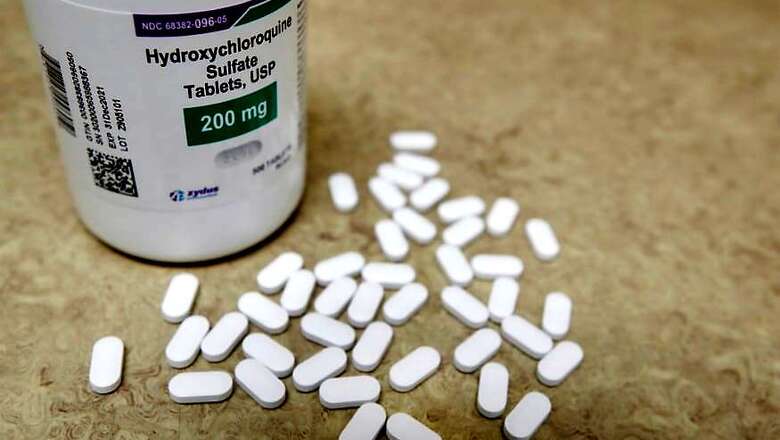
views
New Delhi: Globally renowned medical journal The Lancet retracted a paper that had raised major safety concerns on the use of anti-malarial drug hydroxycholroquine (HCQ) for treating Covid-19 patients after its authors could not independently verify the data used in their study. Following their failure to independently verify the data, the paper's authors requested Lancet to pull out the study from the journal.
The development has added a new twist to the ever-growing debate on the use of HCQ as prophylaxis and for therapeutic treatment which has polarised the scientific community. After it was published last month, the World Health Organization (WHO) paused the HCQ arm of its global Solidarity Trials.
Soon after the Lancet published the decision to retract the paper, WHO's Chief Scientist Soumya Swaminathan tweeted, “We acted in the safety interests of patients in the trial, relying on the advice of our steering comm. It is v difficult for us to check data quality of each published paper & we trust authors to adhere to basic stds. HCQ restarted today after data safety committee approval (sic).”
Lancet said after the paper's publication, several concerns were raised with respect to the veracity of the data and analyses conducted by Surgisphere Corporation and its found and co-author, Sapan Desai. The journal and the paper's authors were unable to get access to the full dataset and the reviewers could not conduct an independent and private peer review.
“We can never forget the responsibility we have as researchers to scrupulously ensure that we rely on data sources that adhere to our high standards. Based on this development, we can no longer vouch for the veracity of the primary data sources. Due to this unfortunate development, the authors request that the paper be retracted,” the journal's retraction read.
The Lancet study was touted as the biggest observational study on the safety and efficacy of the old drug and it had found that use of HCQ or chloroquine with or without an antibiotic such as azithromycin to treat Covid-19 was not associated with any benefit. The study’s conclusions were based on the analysis of data of 96,032 patients who were admitted in 671 hospitals. However, many in the scientific community had raised doubts on the paper's source data and after news investigations, the clamour for an independent review grew.
In India, soon after WHO's decision to pause its HCQ arm of the global trials, Indian Council of Medical Research had expanded the drug's use as prophylaxis, extending their recommendation to police and paramilitary personnel apart from the existing recommendations for use in health care workers and high-risk contacts of health care workers.
Dr Anant Bhan, Researcher, Global Health, Bioethics and Health Policy said that the whole episode should lead to better quality control and oversight on the research being done on Covid-19, be it trials or publication of scientific papers in medical journals. “At the time of a pandemic, everyone is pushing things at a faster speed and approvals are getting expedited. This serves as a reminder to have more quality checks, ethics and institutional oversight. Even research is getting expedited but we need to make sure it is efficient and it is done without cutting corners,” Bhan said.












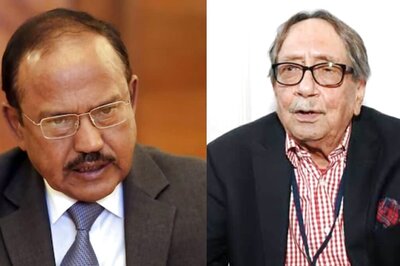
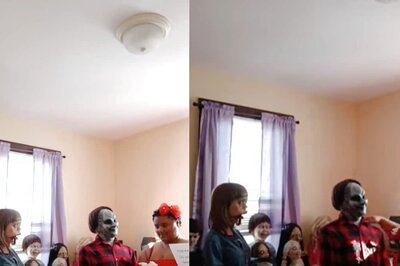
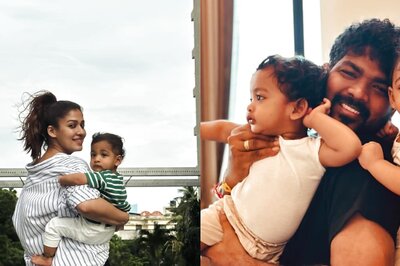
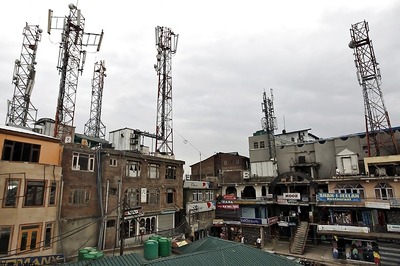


Comments
0 comment